
A new kind of travel perk
Would you swap a flight for extra time off? A growing number of companies are betting employees will say yes. They’re offering what’s known as “slow travel” incentives.
Instead of rushing through airports, workers can take trains, buses, or ferries and actually be rewarded for it. The trend is gaining momentum, blending sustainability with wellness, and showing that time is the most valuable perk a company can give.
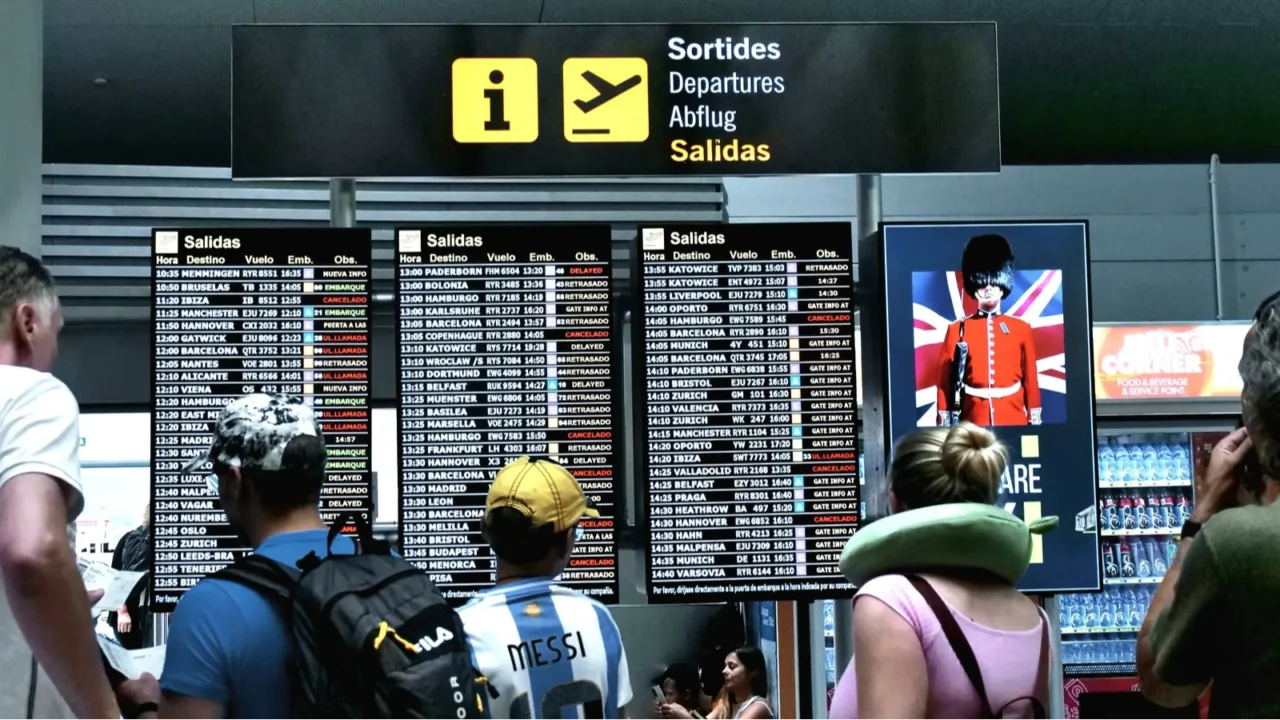
Why flying feels exhausting
Flying may be fast, but it rarely feels like a perk. Delays, security lines, and cramped cabins can leave travelers more drained than refreshed.
Employers are realizing that constant air travel takes a toll on energy, creativity, and morale. That’s why some are rethinking traditional perks and shifting toward incentives that allow employees to slow down and arrive less stressed.
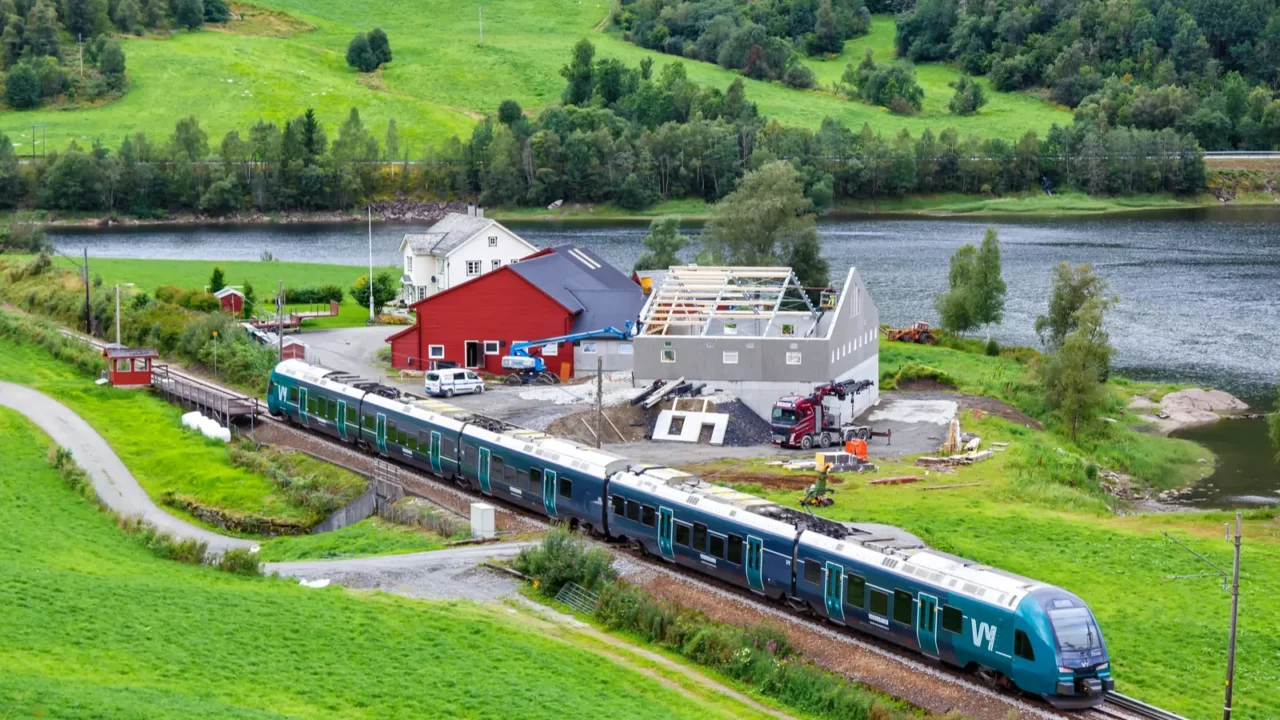
What slow travel really means
Slow travel doesn’t mean wasting time; it means reclaiming it. Whether it’s watching the countryside or breathtaking mountains view roll by on a train or boarding a ferry across a bay, the journey becomes part of the experience.
By choosing slower modes of transport, travelers often feel calmer and more connected. Companies are encouraging this shift not just to cut carbon footprints, but also to help employees return more refreshed.
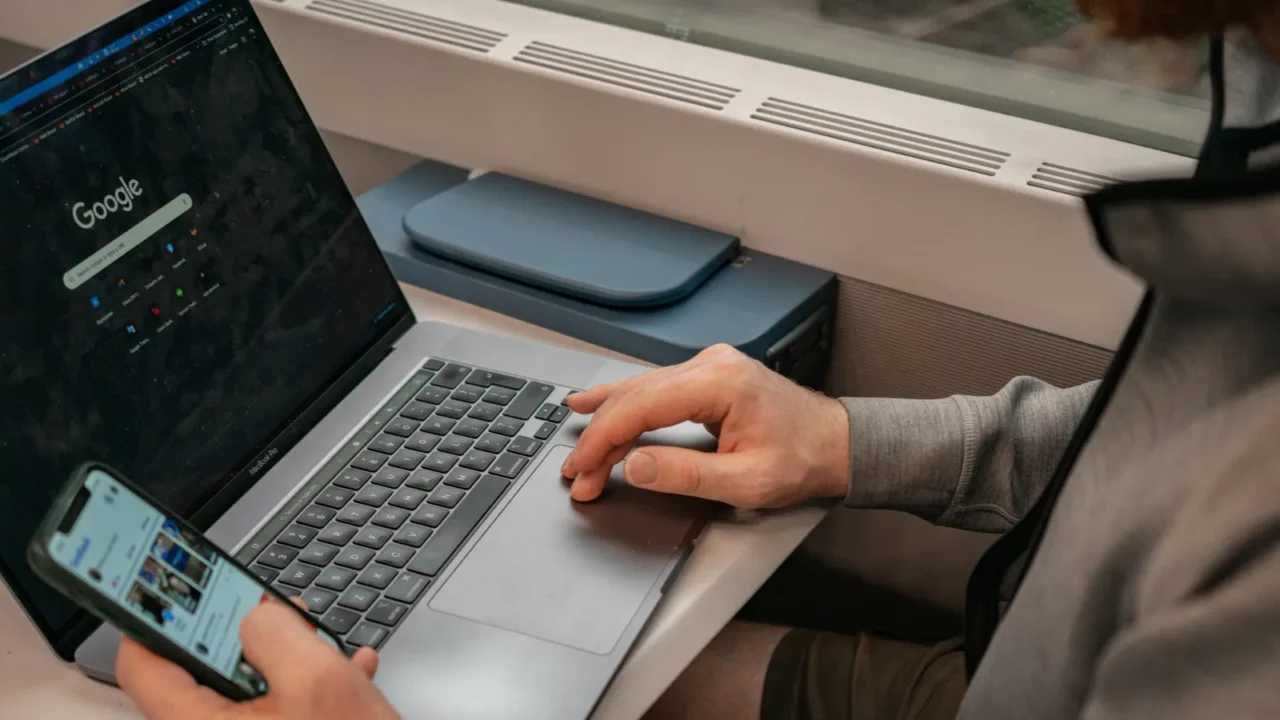
Patagonia, a natural fit
Outdoor brand Patagonia has long tied its identity to sustainability, so slow travel aligns perfectly with its values. The company supports flexible schedules that enable employees to avoid short-haul flights and opt for more eco-friendly routes.
By aligning travel perks with its environmental mission, Patagonia shows staff that its values go beyond marketing. Employees gain time and freedom, while the company reinforces its reputation as a pioneer in responsible business.
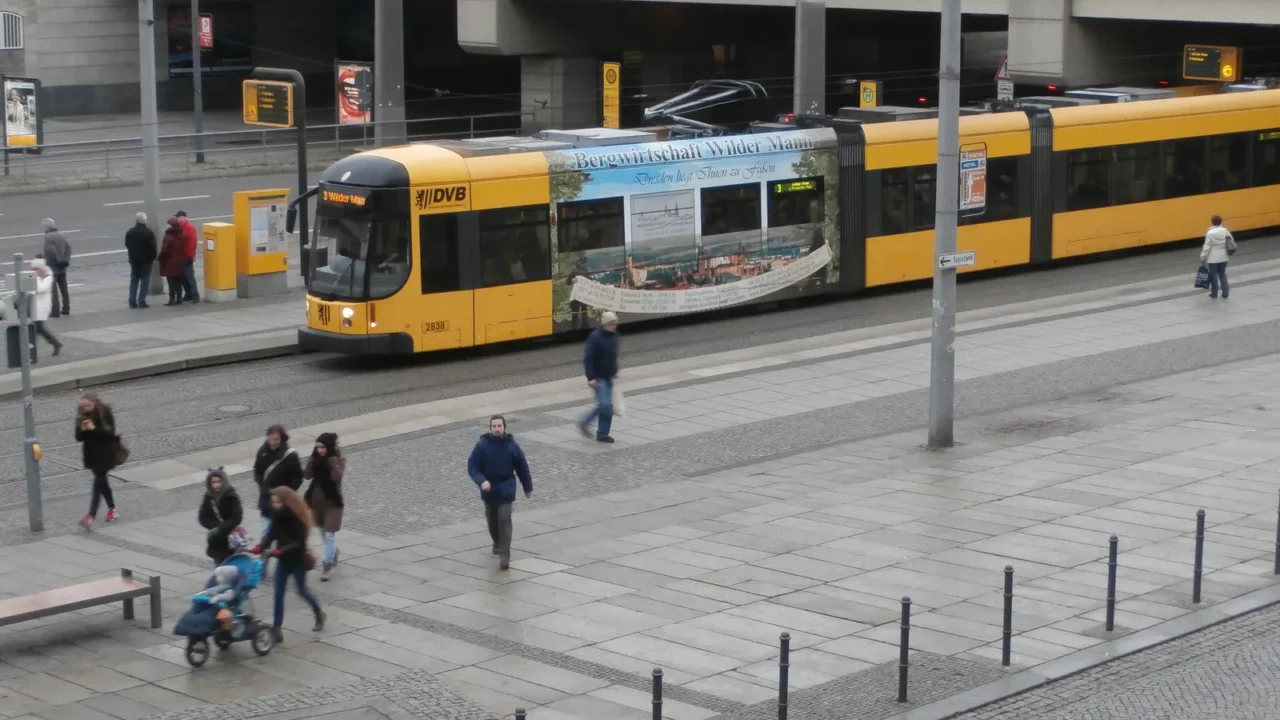
Everlane, fashioning balance
Everlane, a clothing company known for radical transparency, encourages slower, more sustainable travel choices among its team. Extra time off is sometimes granted when employees opt for buses or trains.
The move mirrors the brand’s broader image of conscious living. By rewarding mindful travel, Everlane isn’t just offering a perk; it’s reinforcing the message that thoughtful choices matter, both in fashion and in lifestyle.

Better Places, Dutch leadership
Dutch tour operator Better Places grants employees two additional vacation days when they avoid flights. This applies per trip, encouraging staff to plan entire journeys by train.
As a tourism company, the policy sends a strong message: they don’t just promote responsible travel to customers, they live it internally. It’s a rare case of values perfectly matching action.
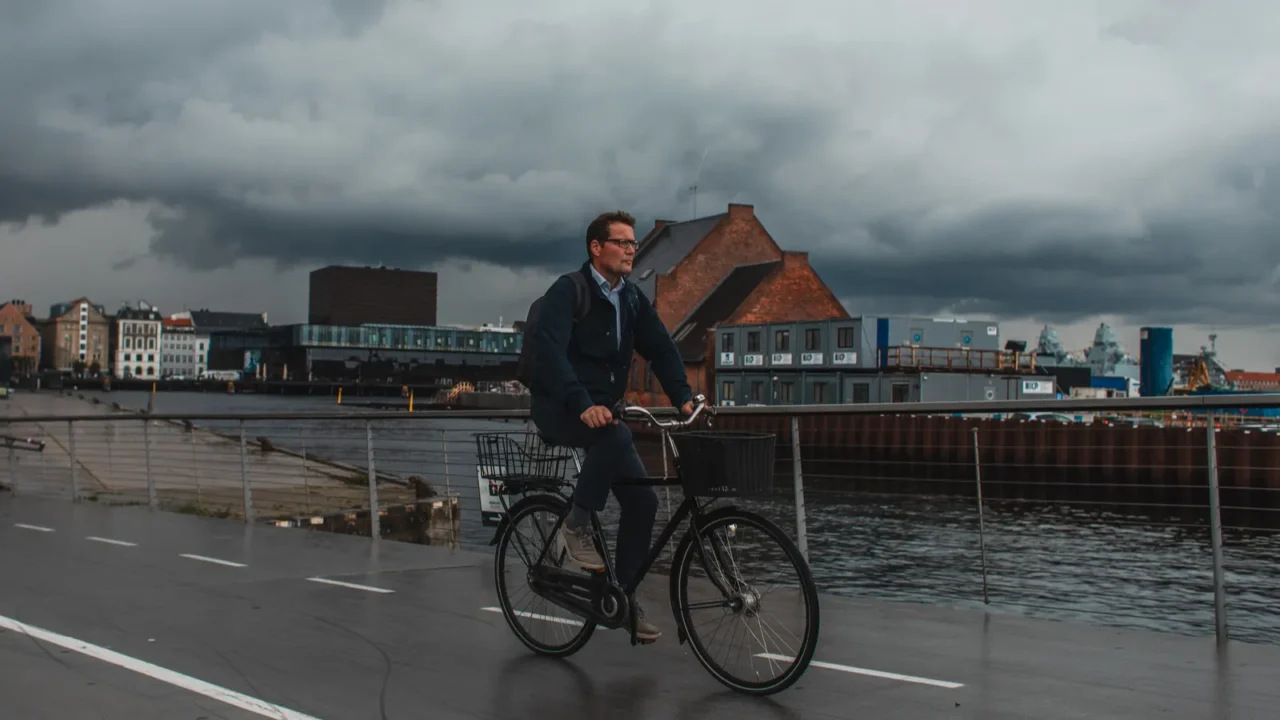
Vendredi, responsible travel time
French startup Vendredi offers employees an extra paid day off if their journey by train, bus, or bike takes over six hours.
The perk has been popular; about one-third of the staff has already used it. It’s a concrete example of how small companies can lead by proving that responsible travel can be both practical and rewarding.
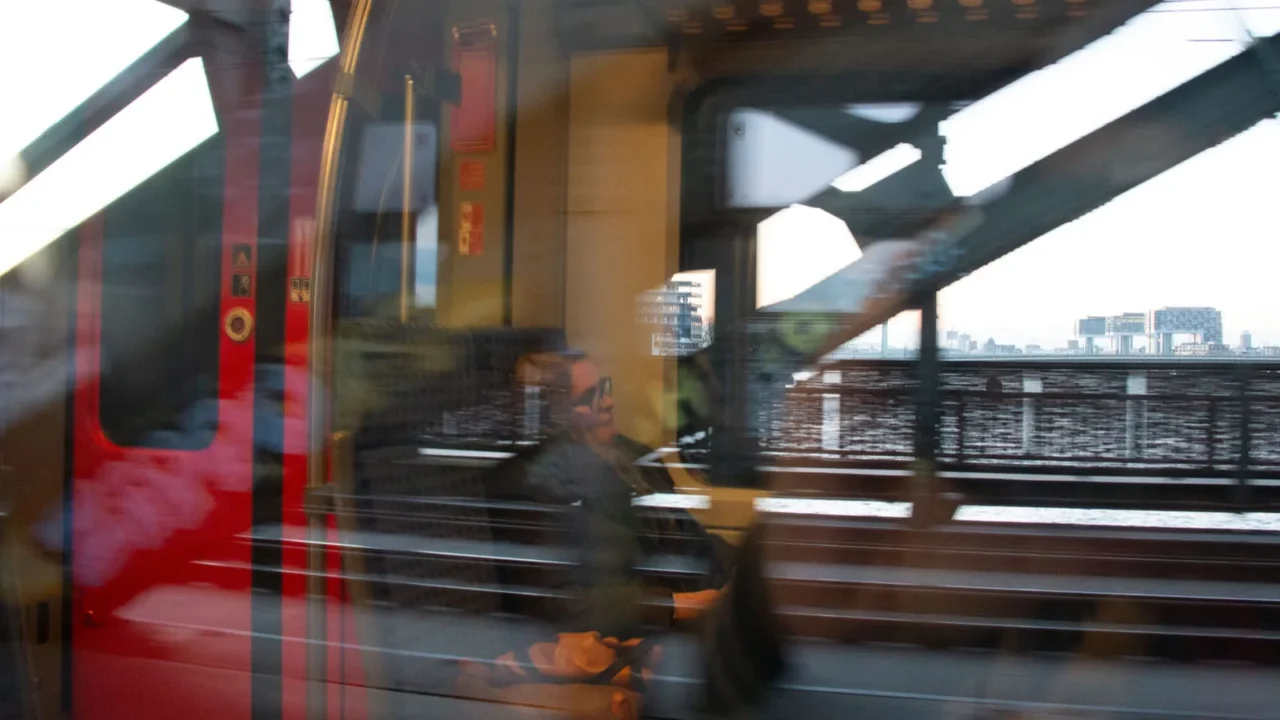
Ubiq, two days for the train
Ubiq, a French subsidiary of Nexity, allows employees up to two extra vacation days each year if they travel by rail instead of flying.
Nearly half of its workforce has taken advantage. By making slower travel an attractive choice, Ubiq shows that perks don’t need to be flashy to have a real impact.

Climate Perks, the bigger network
The nonprofit Climate Perks has partnered with over 100 employers across industries. The model is simple: employees get paid extra days off if they choose low-carbon travel.
From law firms to design agencies, this program is spreading quickly. It provides a ready-made system for businesses that want to support slow travel without building policies from scratch.
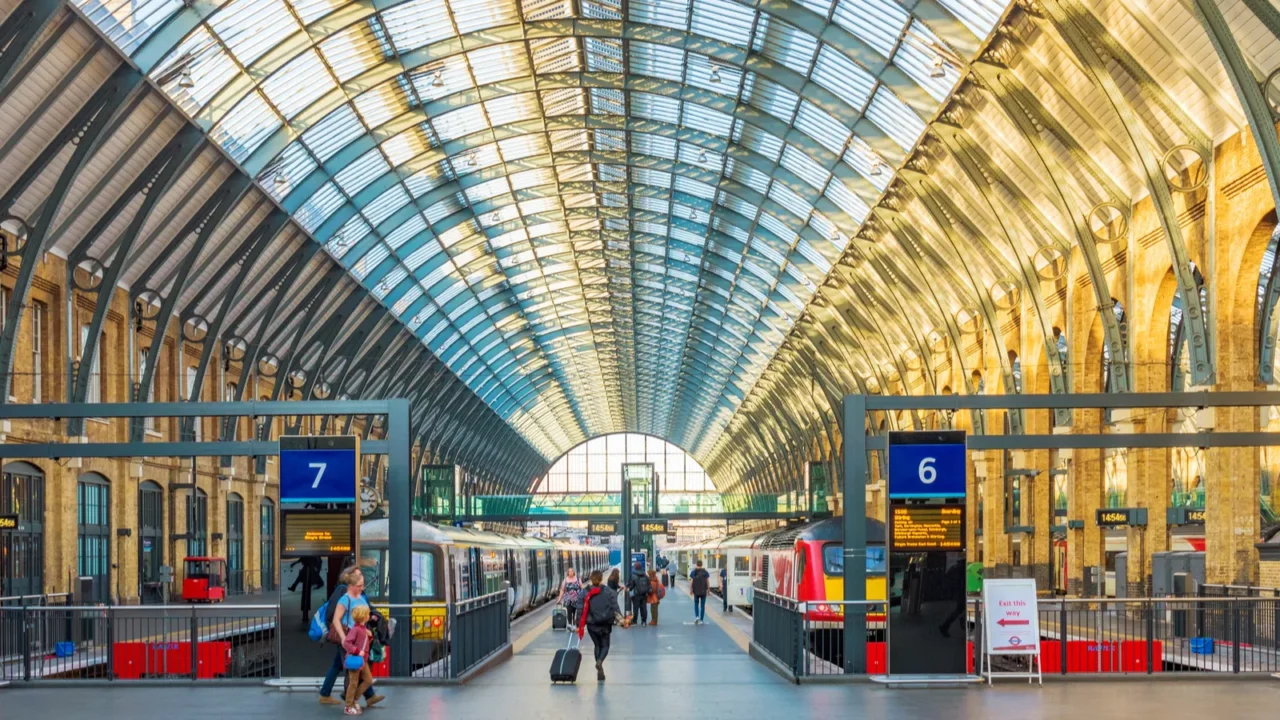
Evolve Events, extra leave for slower routes
London-based Evolve Events joined the Climate Perks program to formalize slow travel incentives. Employees earn extra annual leave when they choose flight-free transport like trains, coaches, or ferries.
This approach makes sustainability part of everyday office culture. It proves even small businesses can make responsible travel a core part of how they treat their teams.

Bennetts Associates, Architects of change
British architecture firm Bennetts Associates offers staff “journey days” for traveling without planes. The policy is part of their commitment as a Climate Perks Patron member.
By weaving slow travel into their benefits package, Bennetts shows that professional firms can go beyond green pledges and actually change the way employees move.
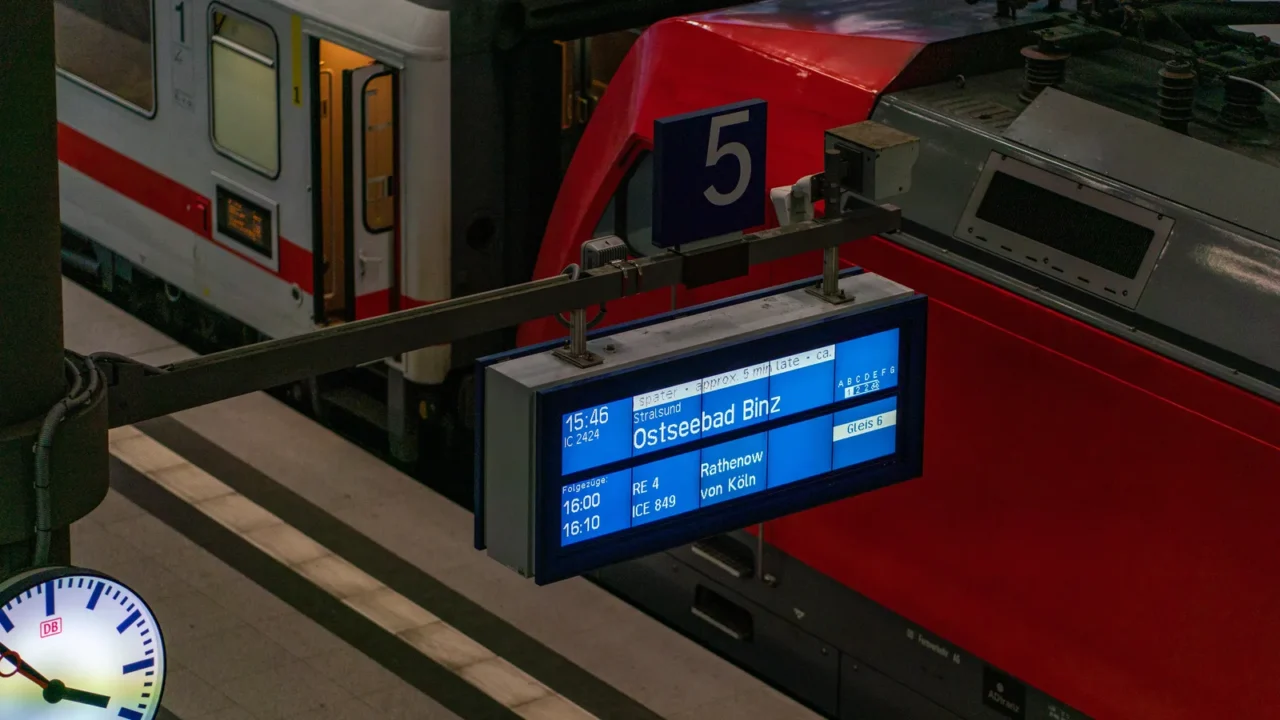
Deutsche Bahn, partners on the rails
Germany’s railway giant Deutsche Bahn has teamed up with companies to make train travel attractive. Some employers subsidize rail passes or reimburse sleeper trains for staff.
By working directly with businesses, Deutsche Bahn helps integrate slow travel into corporate culture. It’s a win-win for both employees and the environment.
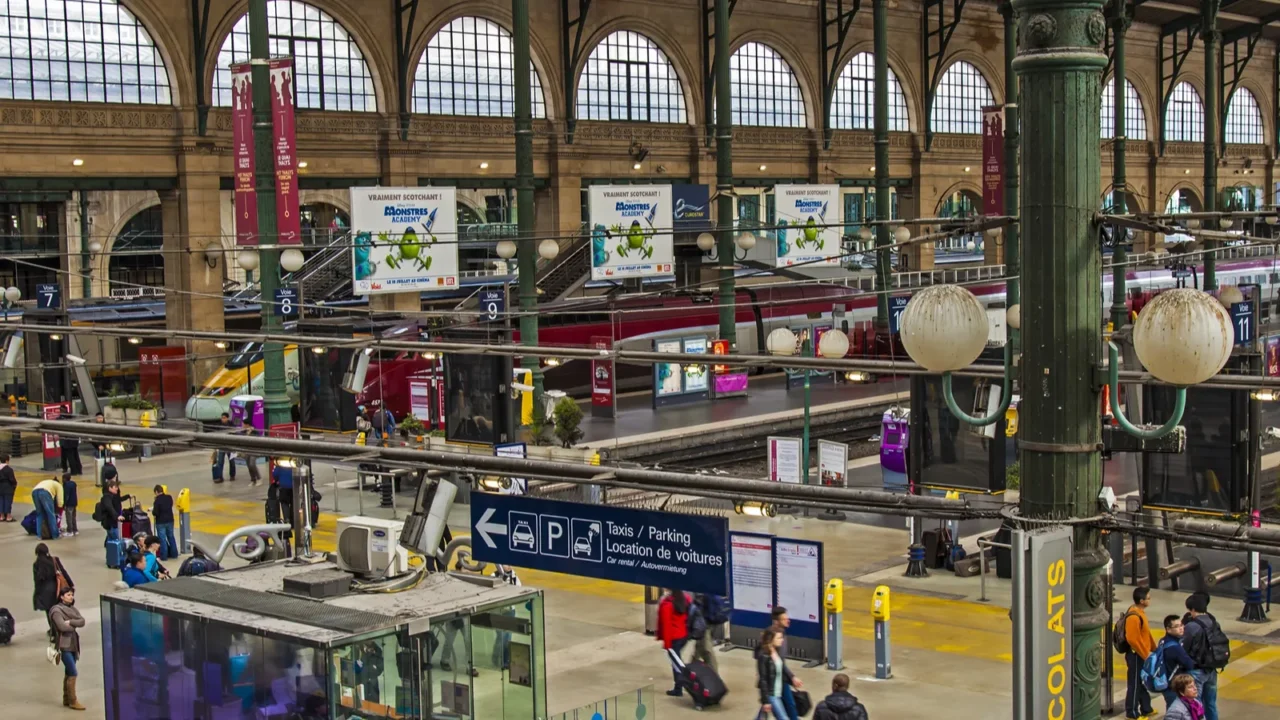
Other French innovators
Several other French firms, including Atos, Railee, iAdvize, Leyton, RIVP, and La Fresque du Climat, have introduced or are exploring similar programs.
Together, they show that slow travel isn’t a niche perk. It’s becoming a visible part of workplace policy, particularly in Europe, where rail networks make it feasible.

How employees feels the difference
Workers say these policies make vacations feel longer and more fulfilling. The chance to earn extra leave means they can linger in places rather than rushing through them.
That emotional payoff strengthens loyalty. Employees return more rested and often more creative, bringing fresh energy back to work.

The future of perks
If this trend grows, perks may evolve into rail passes, ferry stipends, or built-in “journey days” across industries. For younger workers who prize balance and sustainability, this could become a standard expectation.
Companies that act early are positioning themselves as leaders in a new era of travel-friendly workplace culture. Some are even pairing slow travel incentives with stays in these eco-friendly Airbnbs which they can actually afford.

Would you trade flying?
The question is simple: would you give up a quick flight for extra time off? For many, the answer is already yes.
Slow travel incentives prove that rewarding employees with time can reshape not only how people travel but also how they live and work. The journey itself becomes the real perk.
Thinking about stretching your time and budget? Check out these affordable If you are late-summer trip ideas that let you make the most of both.
Would you swap a quick flight for a longer trip with more time off? Tell us, would “slow travel” work for you, or do you prefer getting there fast?
Read More From This Brand:
- The internet’s biggest travel nerd explains points like nobody else
- Travel waivers issued by U.S. airlines for Northeast and Mid-Atlantic
- Why American tourists are falling out of love with Las Vegas
Don’t forget to follow us for more exclusive content right here on MSN.
This slideshow was made with AI assistance and human editing.